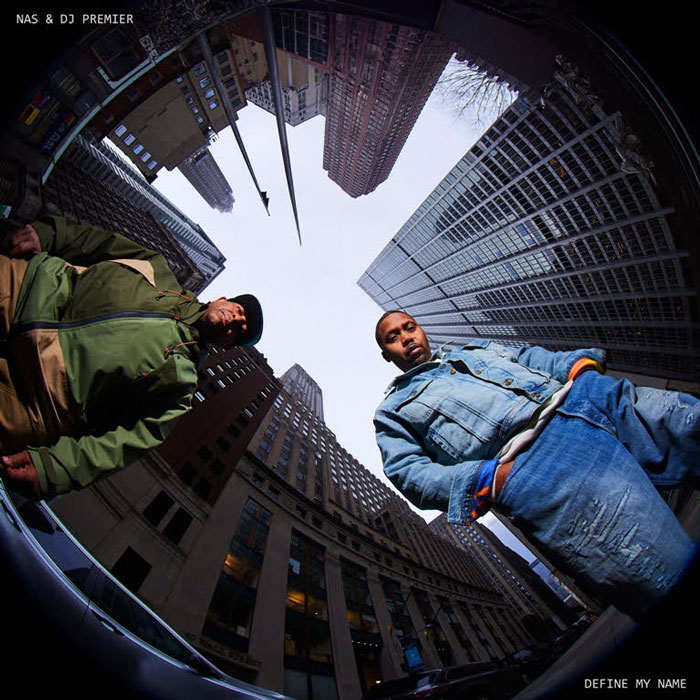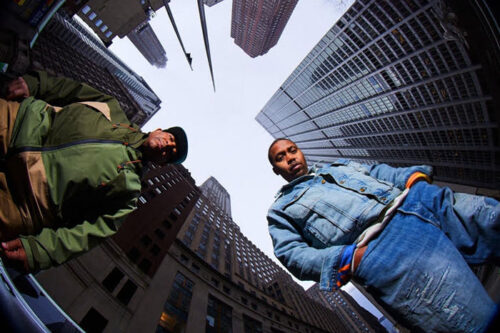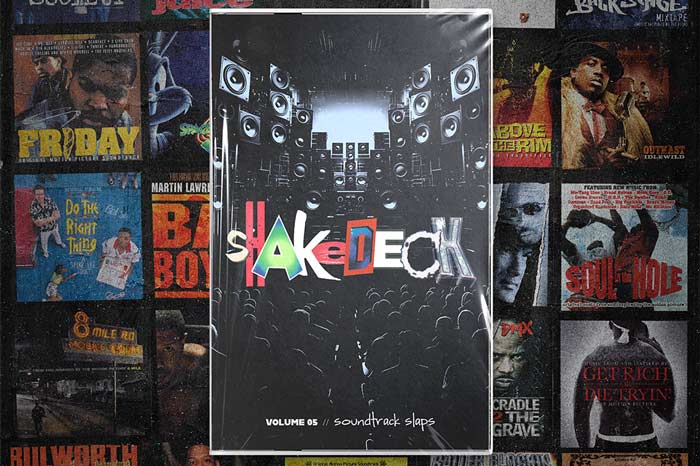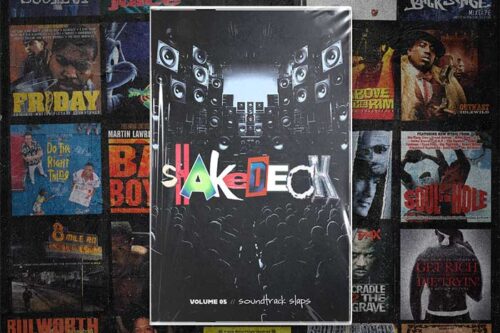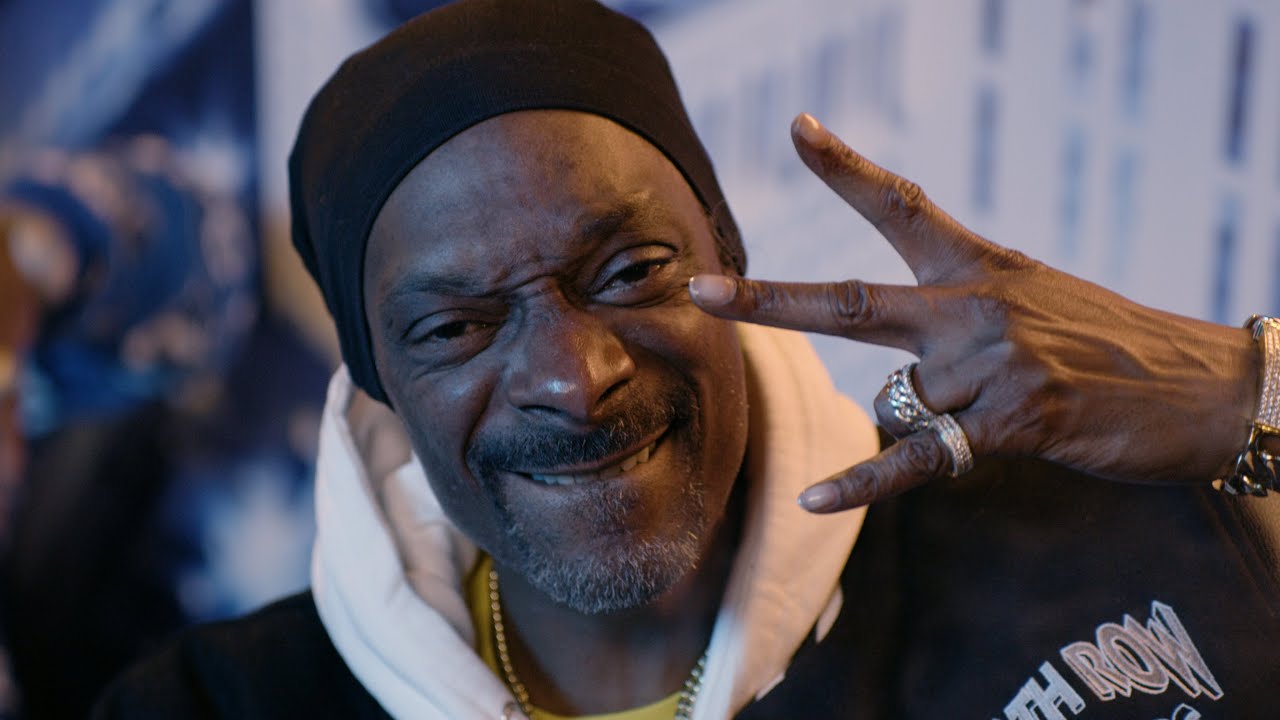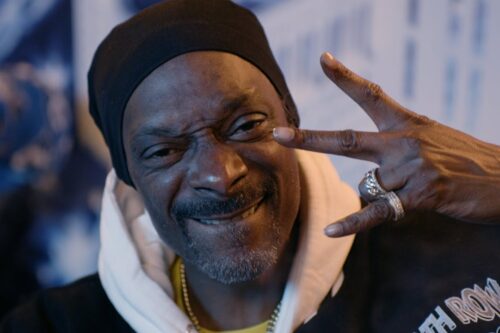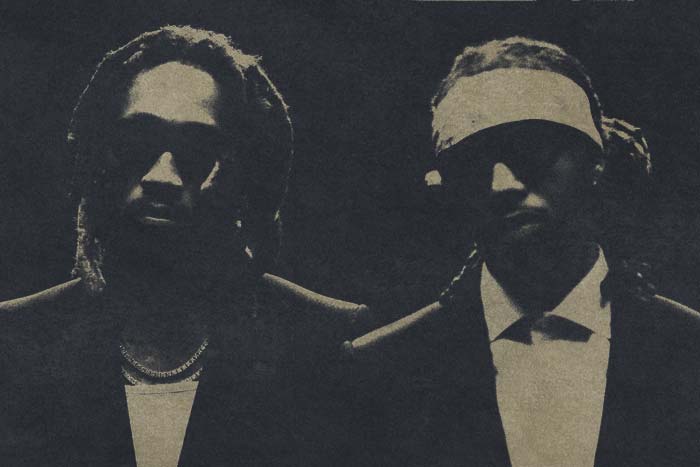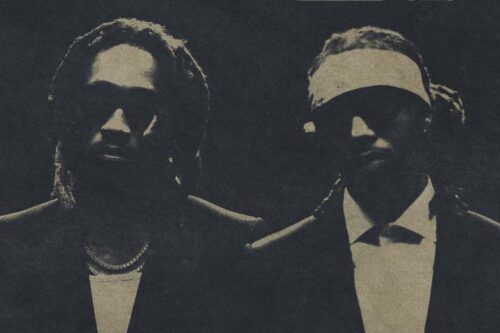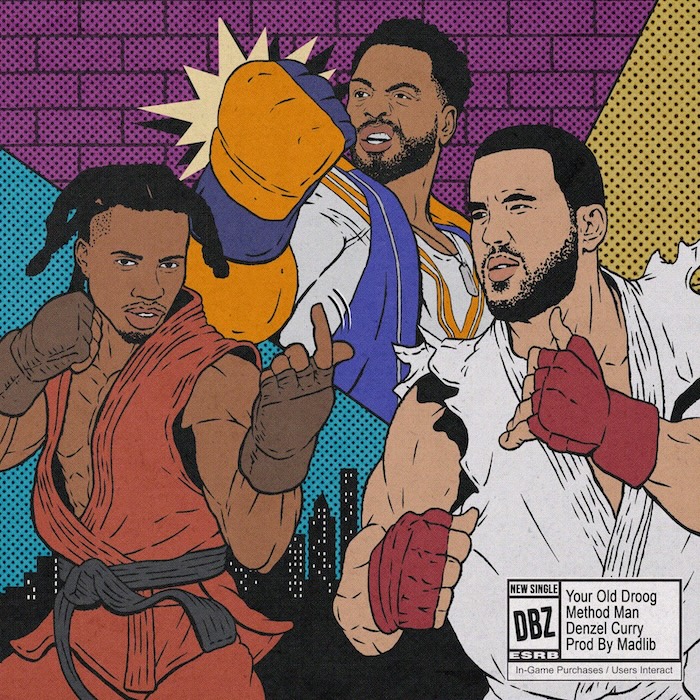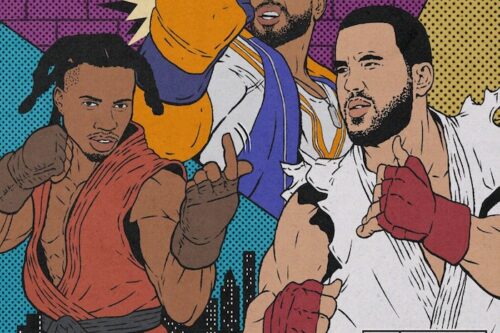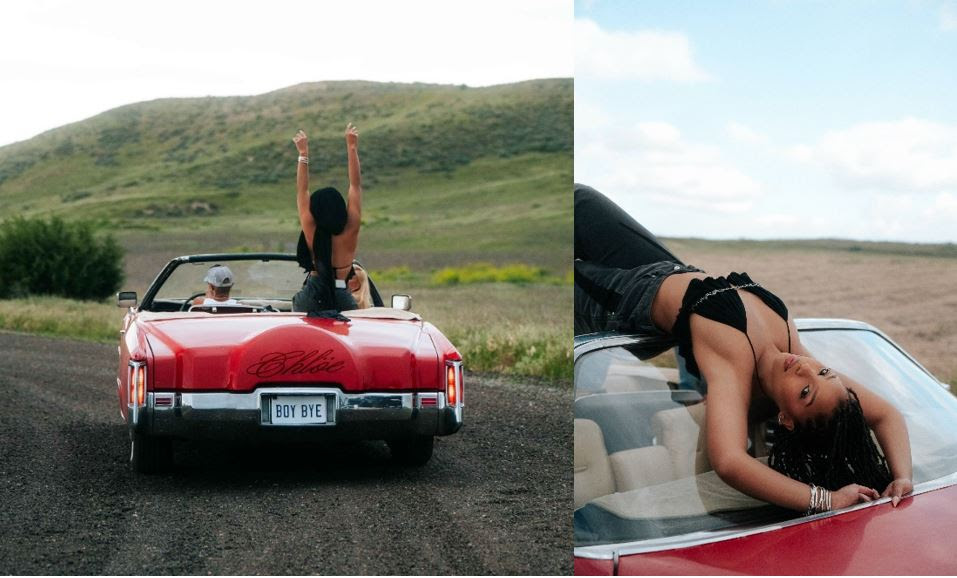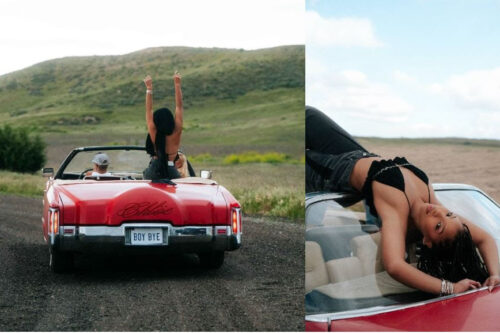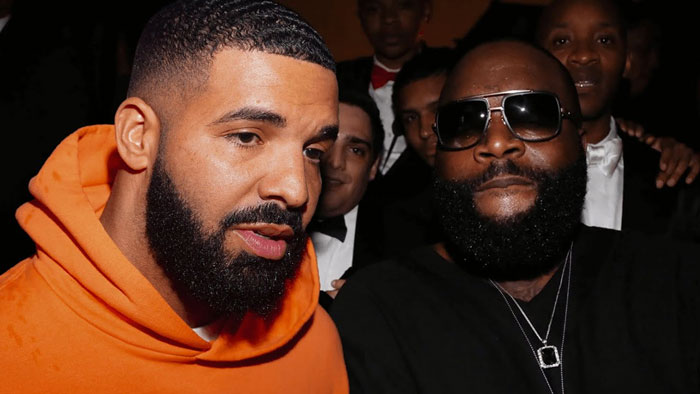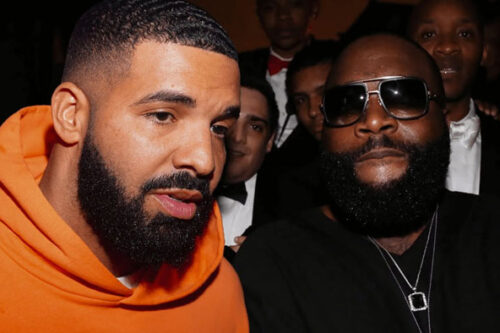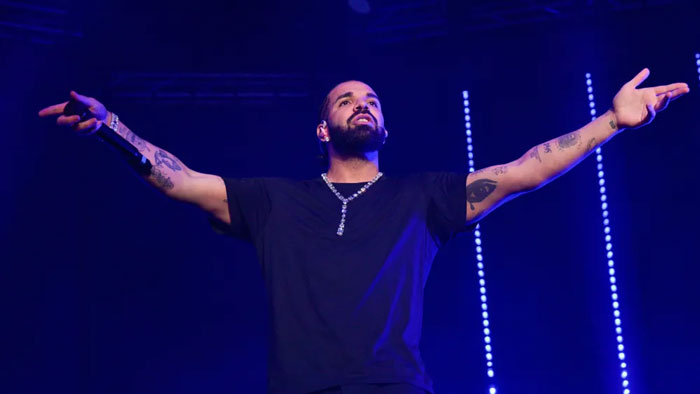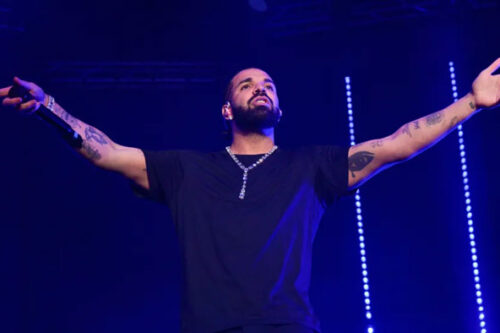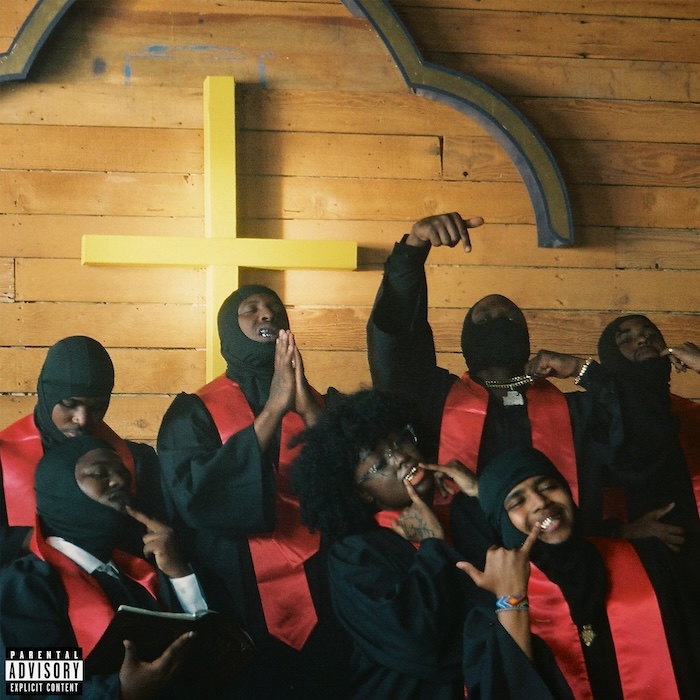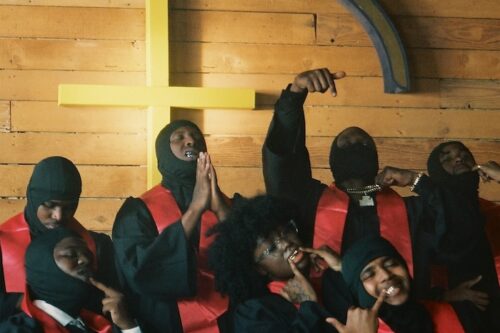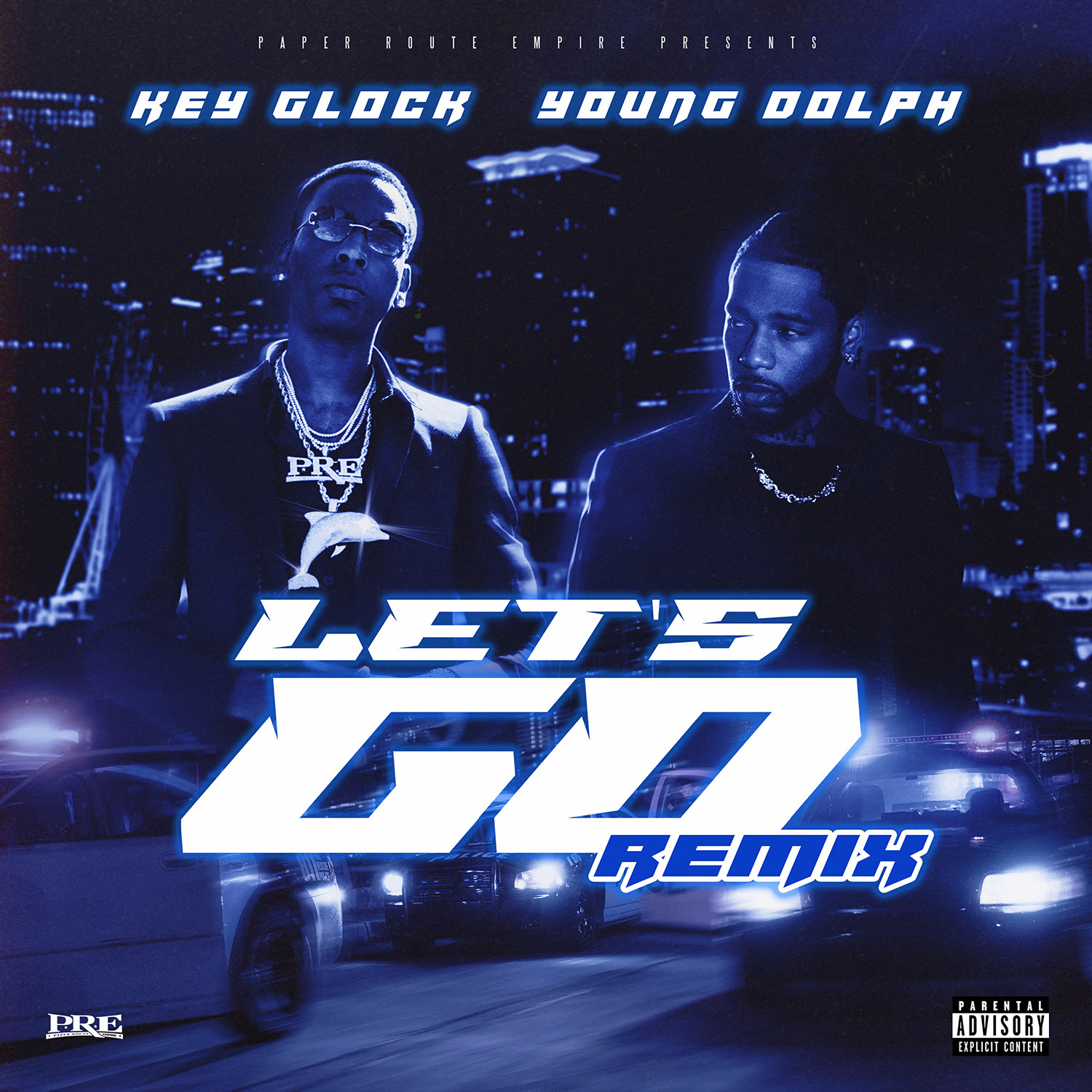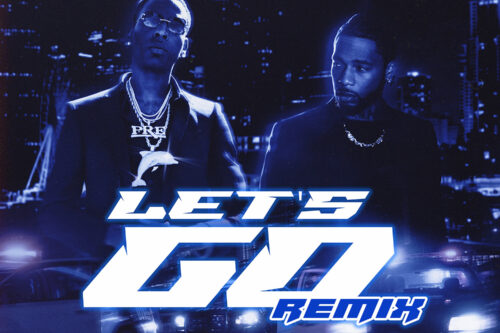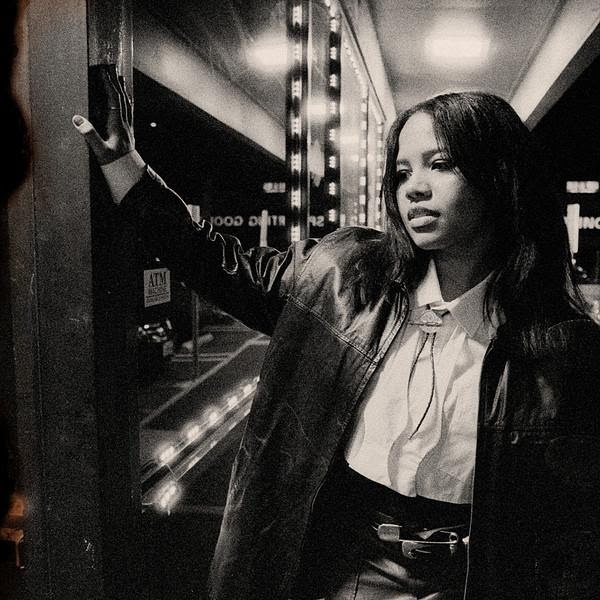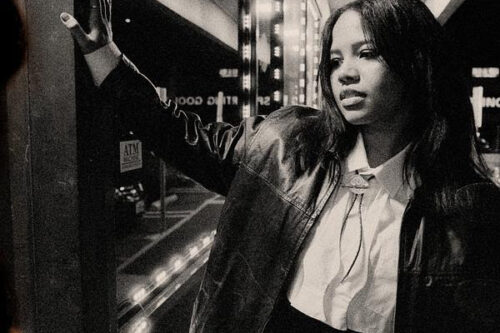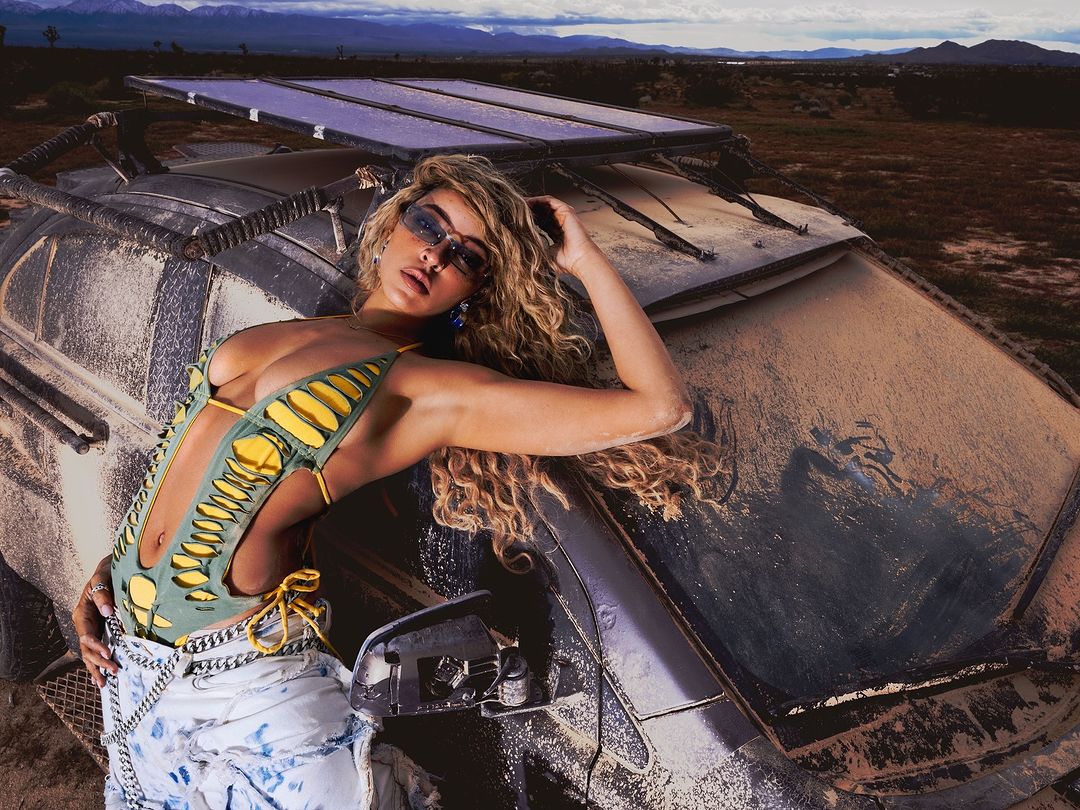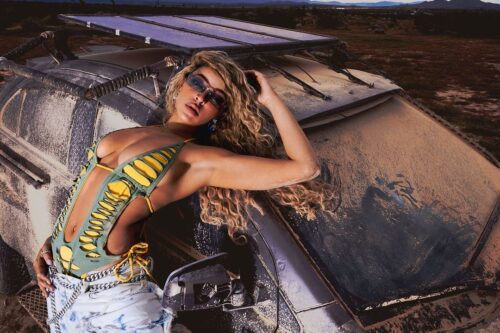
Masta Ace: The Perfect Storm
It’s been twelve years since Masta Ace’s classic Disposable Arts hit stores. To commemorate the occasion, the previously hard-to-find record is getting a reissue, complete with a DVD documentary that chronicles the making of the album.
We sat down with the Brooklyn legend to revisit the pivotal time in his career.
The time between [1995’s] Sittin’ On Chrome and Disposable Arts is a gap in your career that hasn’t really been explored. Can you take me back for a minute?
Absolutely. I had been working on an album for Big Beat Records, which was with Atlantic Records. I had been working on that album from about 1996 to the early part of 1998. I had recorded somewhere around 17 or 18 songs for that. It was during the height of the Bad Boy era and the real jiggy kind of rap, everybody rapping on, you know, these disco or popular R&B records. You had to have some singing on your hooks and that kind of stuff, and I wasn’t really delivering that. We had a meeting and it was suggested that I go out and get Bryan McKnight or Changing Faces or somebody to sing on a couple of songs. Ultimately, what happened was I didn’t deliver what they wanted. It wasn’t the commercial record they were looking for, so they decided to shelf the entire project.
I became very disenchanted with the music game and I decided that if it were so easy for a label to throw away a project that I had worked on so long and so hard, that I needed to leave the game alone. It was at that point that I decided I wanted to go behind the scenes, I wanted to executive produce and do production and just not be a rapper anymore, basically. I was behind the scenes for about three years, shopping beats, I had executive produced albums…I was just trying to be more of a behind the scenes executive type of guy.
What brought you back?
In 2000, I went and did a tour in Europe [that was] about 15 shows. I was kind of surprised to see the overwhelming turnout and the shows and people loving my music and wanting to hear more. It was really that tour in Europe that reenergized me into thinking about doing another record. When I came back from that tour I spoke to my partners Filthy Rich and DJ Rob, [and] told them I felt like I could do it. I wanted to go out on my own terms.
So when you conceived Disposable Arts, you were thinking of it as your last album.
That was my mentality going into it. That’s why the album sounds the way it sounds and is called what it’s called. The whole incident with Big Beat and the way they shelved my record and threw it away gave me that feeling: this music is disposable to these majors and they don’t care.
Songs like “Enuff” make it pretty clear how disillusioned you are with the industry. But at the same time, you have records on here where you’re clearly, deeply in love with rapping. You sound engaged creatively, just wearied by all the red tape.
You hit it right on the head. I just really wanted to let it all out on Disposable, say everything I wanted to say just in case that was the last record.
“Enuff”
When you started the process, did you have the whole concept in mind, or did that come about later?
The concept came along as I was doing songs. It took shape as the record was being made. I was getting beats, writing songs to those beats, and as I was writing those songs I was thinking about what kind of theme I wanted to go with. I was probably seven, eight songs into the recording process before I figured it out. I didn’t purposely write any song to fit the theme of the album; it just worked out that way.
Right, if you take “Every Other Day”, the song isn’t saying ‘I’m wrestling with leaving because my environment’s poisonous’, it just feels that way.
Exactly. Those records were made, and then the theme was shaped around those records.
“Dear Diary” always struck me as the doubts you would have before the album started. What compelled you to put it at the end of the record?
Well, with that song, you almost have to take out of context of the story that’s on the album. That song brings you back to reality, my real life and what I was dealing with and what people were saying about me at that point. It was the right note to end it on. I wanted to let people know ‘I know everything you’re saying—I probably agree with some of the stuff you’re saying. But I’m going to lay it all out there and take your thunder away. I’m going to say it before you say it.’
“Acknowledge” has always been really cool to me, because if it was the first Ace song you heard, you pictured the artist as a hungry 17-year-old, not a grizzled veteran.
On the DVD that comes with the reissue, we talk about that song. I felt really bad afterward. The people who told me that High & Mighty dissed me are on there talking about how they made a mistake in thinking that. I found out after the song came out that they really didn’t. I actually had hung out with [Mighty Mi and Mr. Eon] and didn’t really know who they were. We were Philadelphia Eagles fans; I would see those guys in sports bars and we would watch games together, cheer, give high fives and all that. I never knew that those were the same guys I was dissing.
[The beef] has been cleared up for a long time. I actually apologized on the radio, I did an interview with Marley Marl on Future Flavas in 2001 after the single came out, said it was a misunderstanding. That was it.
“Acknowledge”
The first line on “Don’t Understand” flips the opening lines of Eminem’s “Who Knew?”, which had come out the year before [on Eminem’s ten-times-platinum The Marshall Mathers LP]. What was it like, not having a record out for a while when the biggest rap star on the planet starts citing you as an influence?
It was pretty cool. I actually got a chance to meet him and talk to him. He explained that SlaughtaHouse was the album that him and his boys from D12, when they were broke and driving around in a beat up car, that they would just play it over and over again in ’93 and ’94. I know how that is, when you’re in high school and a certain record comes out and just has this huge impact on you and you will forever love that record. It was definitely an honor and it was nice to hear somebody who has had so much success in this business cite one of my records as a big influence. That kind of validated the music that I had been doing.
“Don’t Understand”

